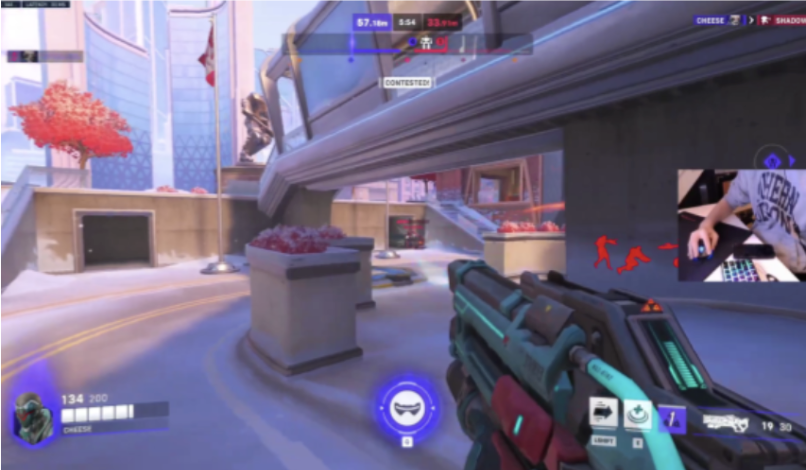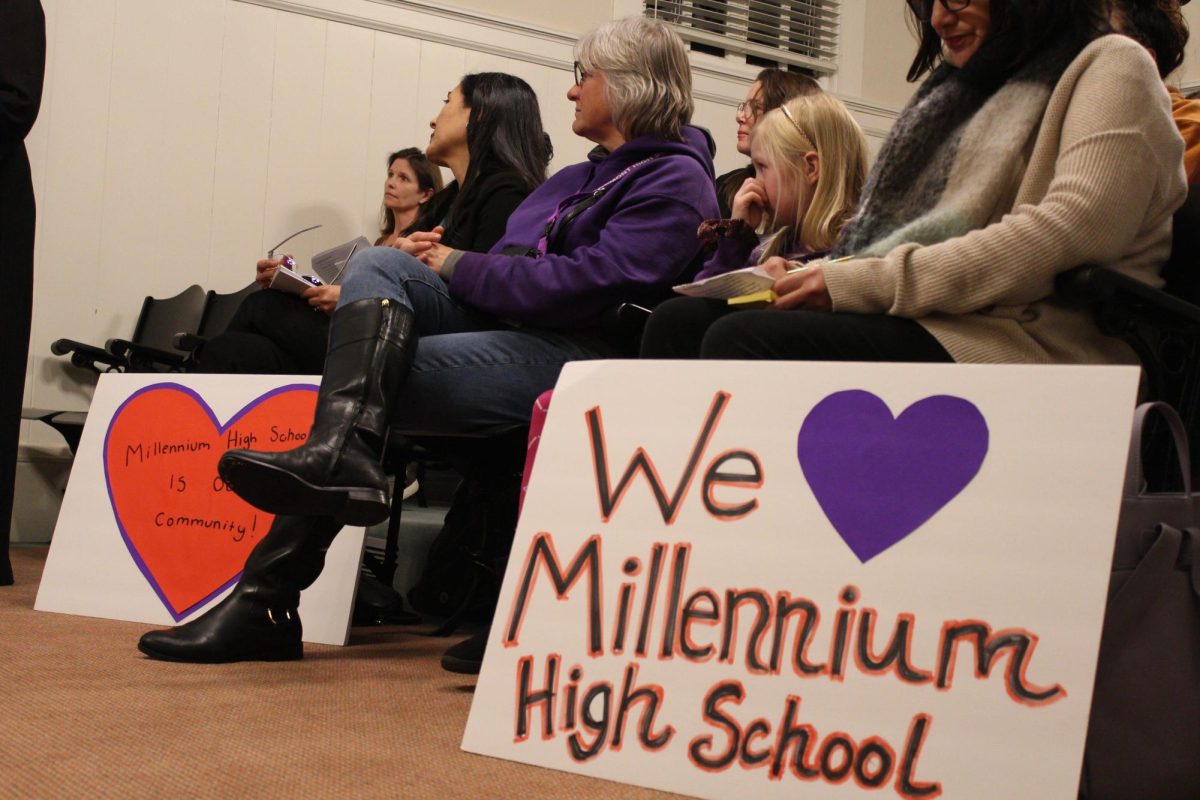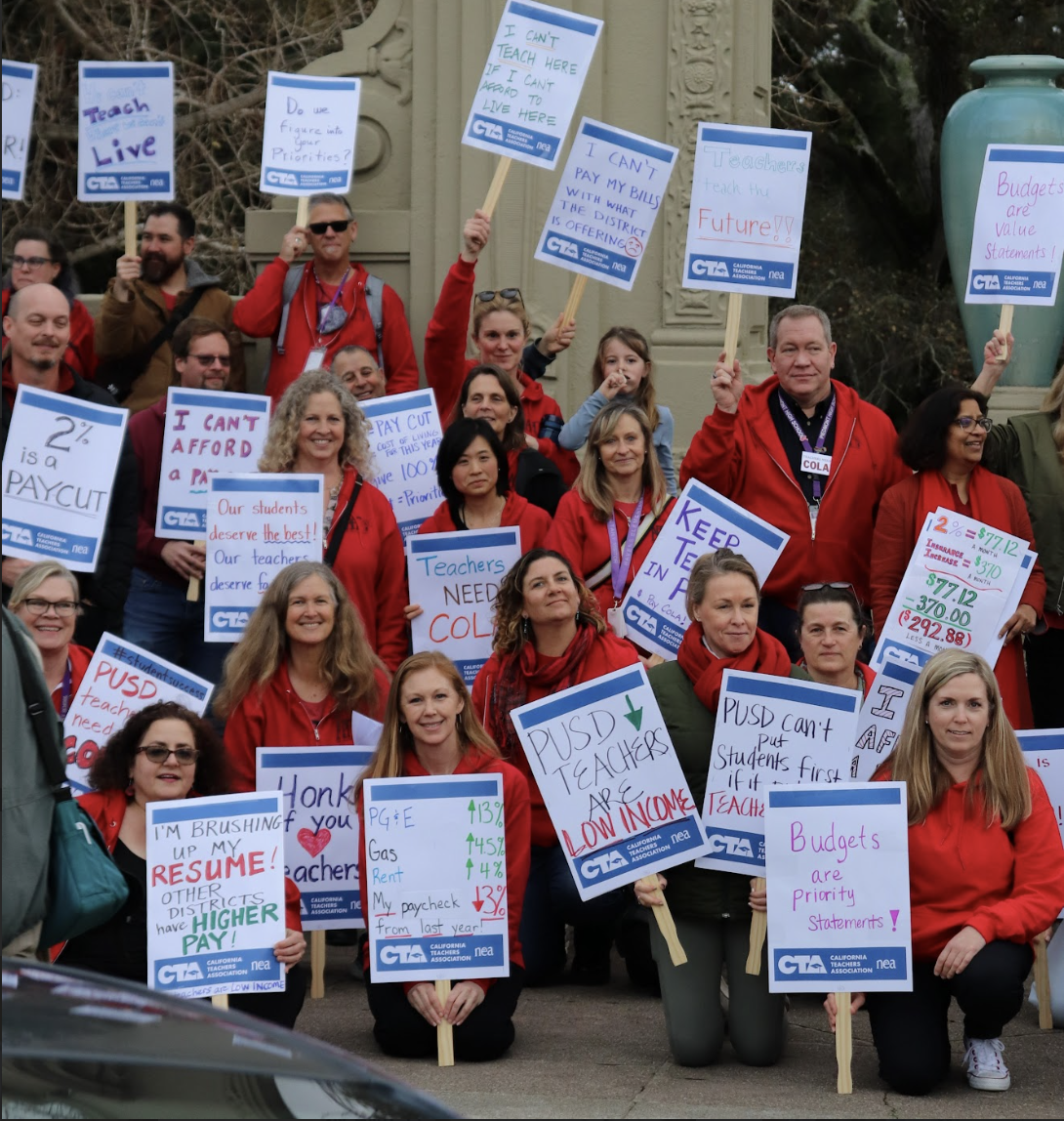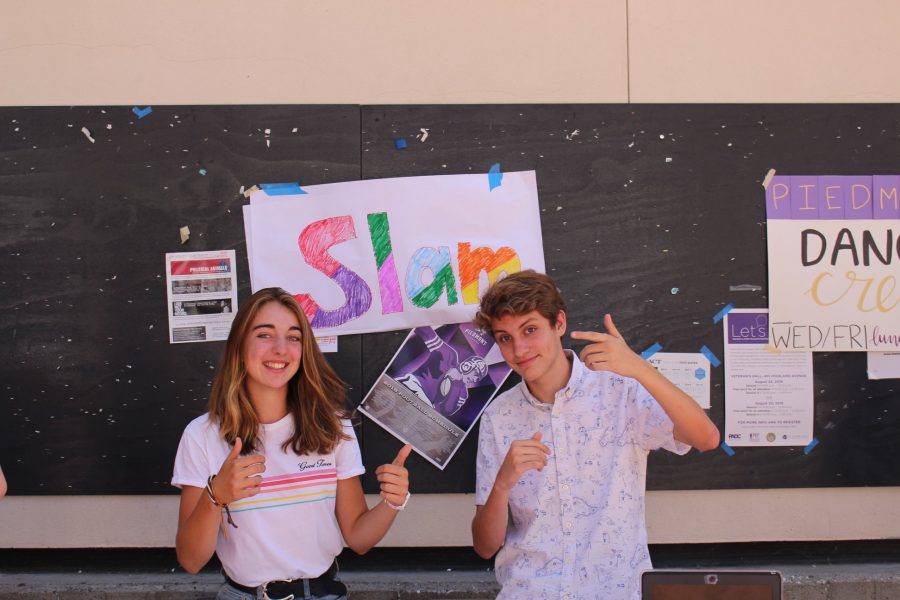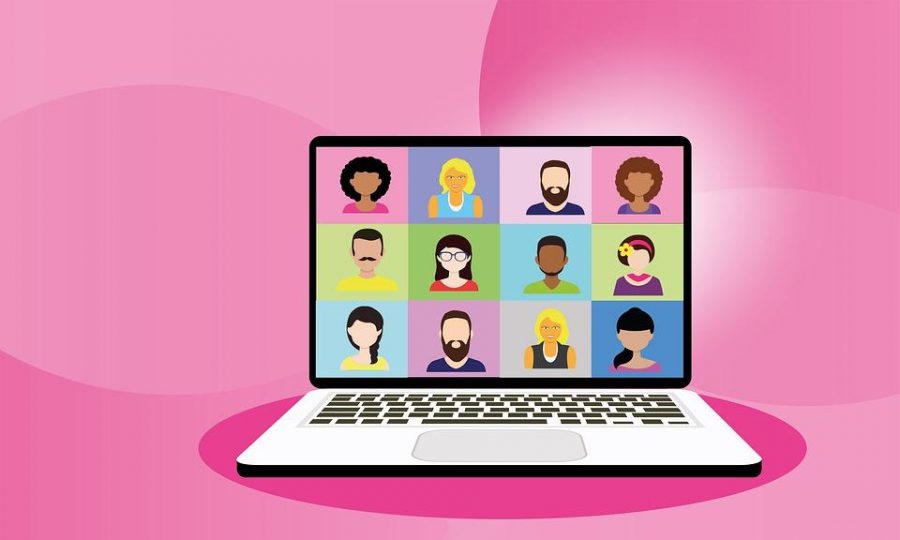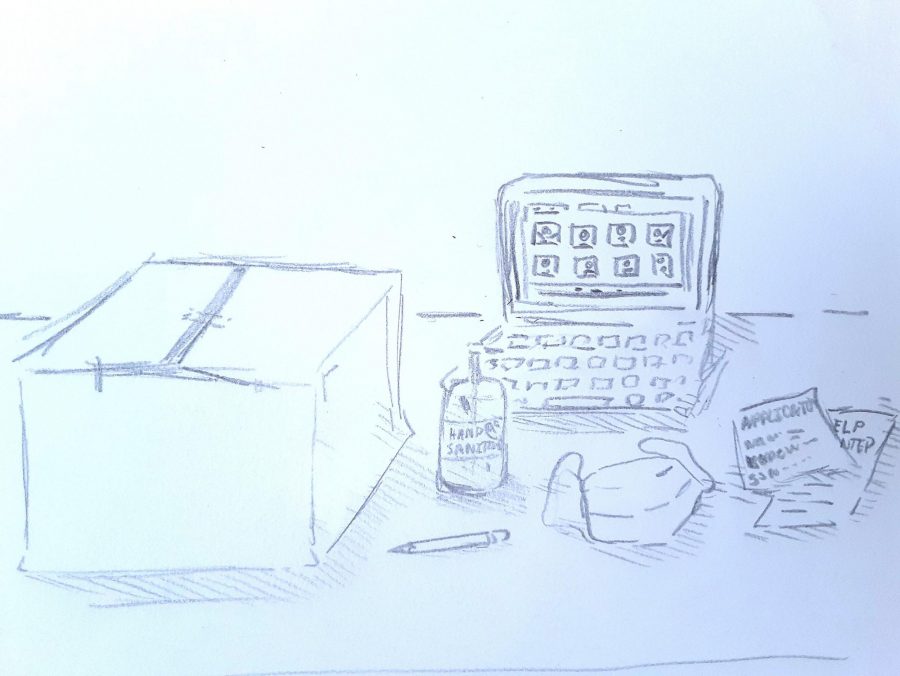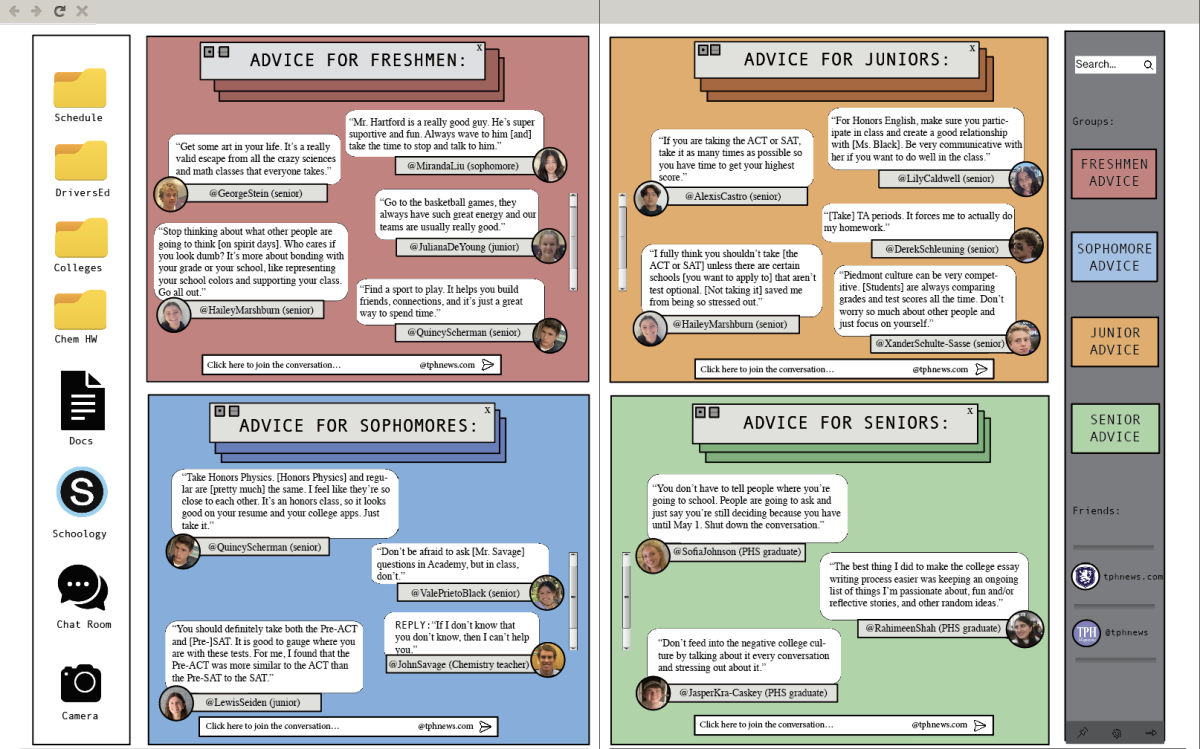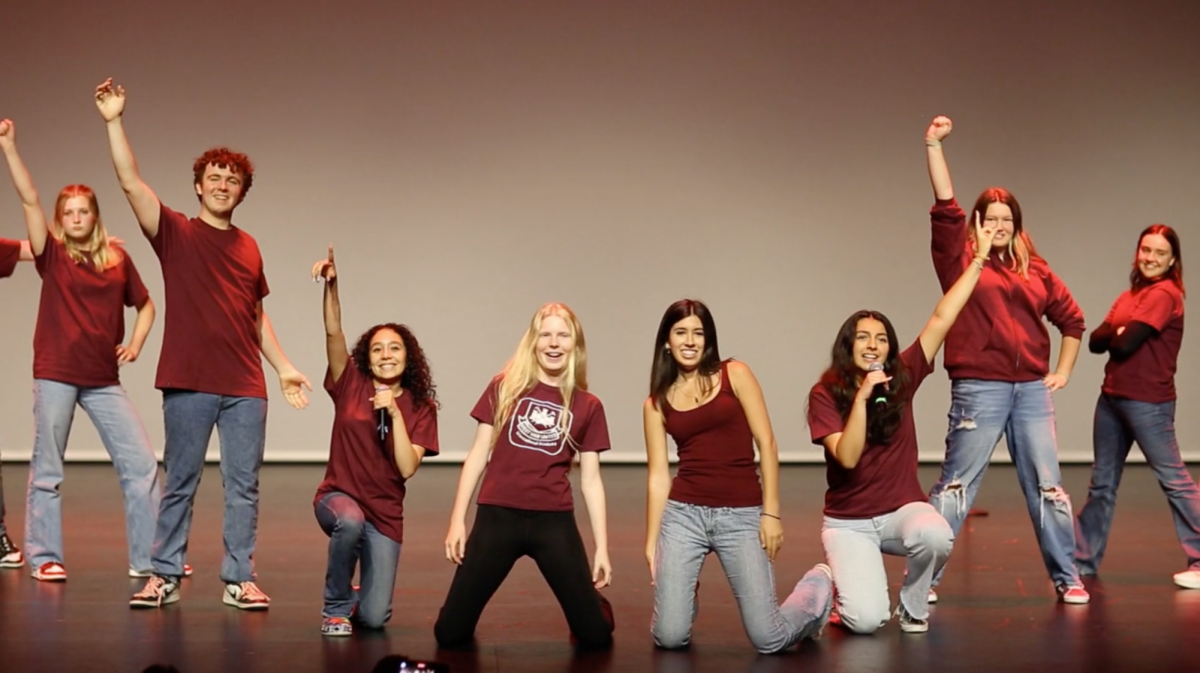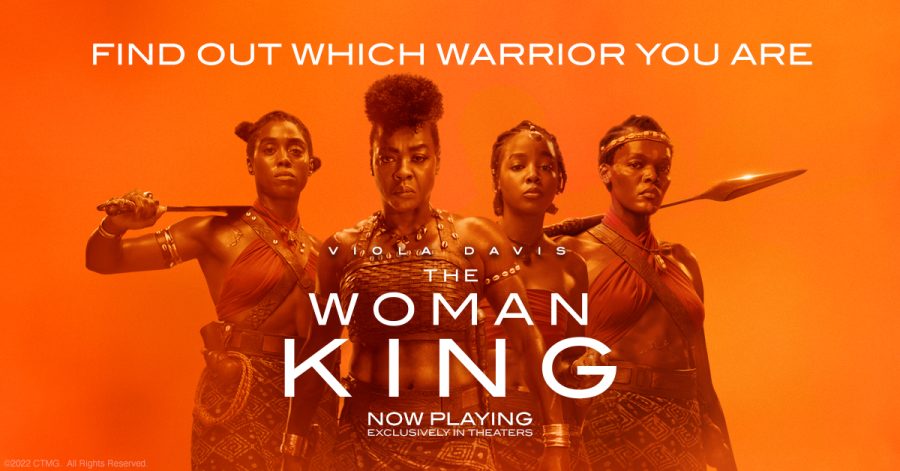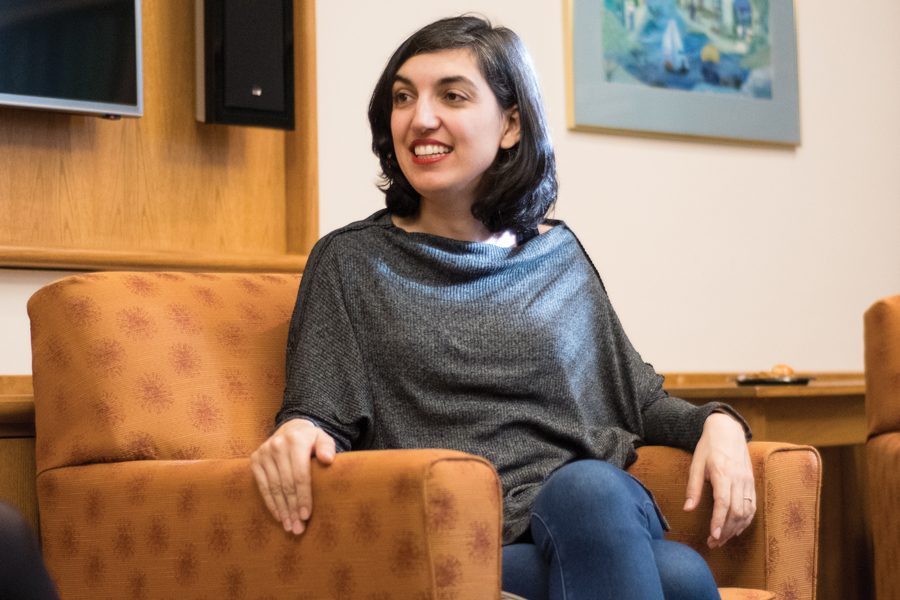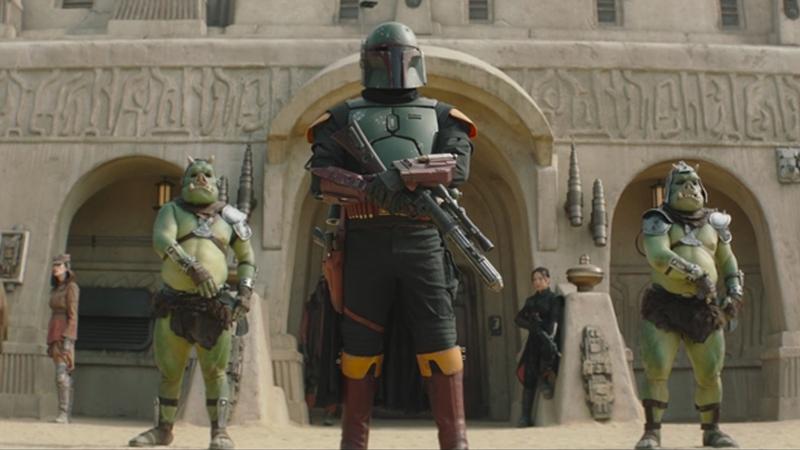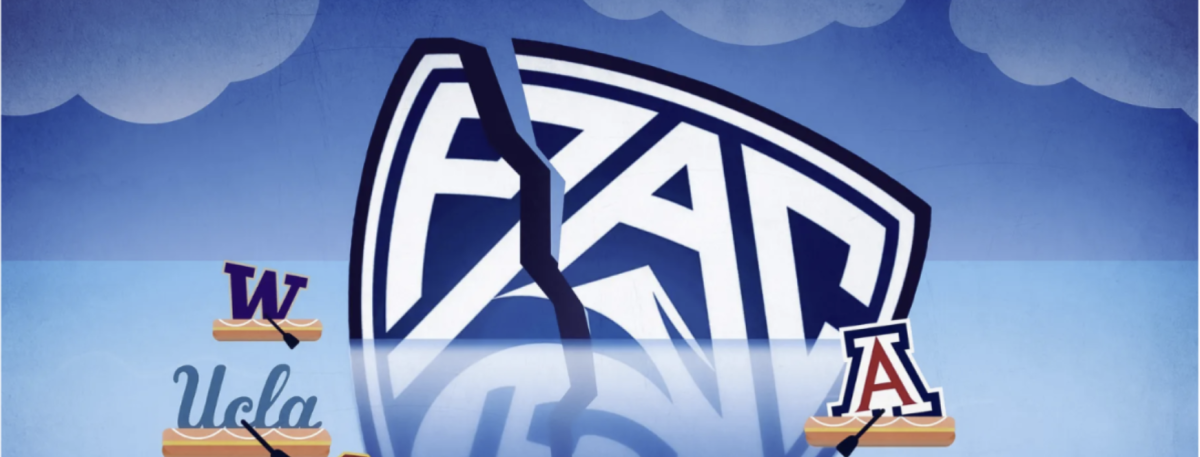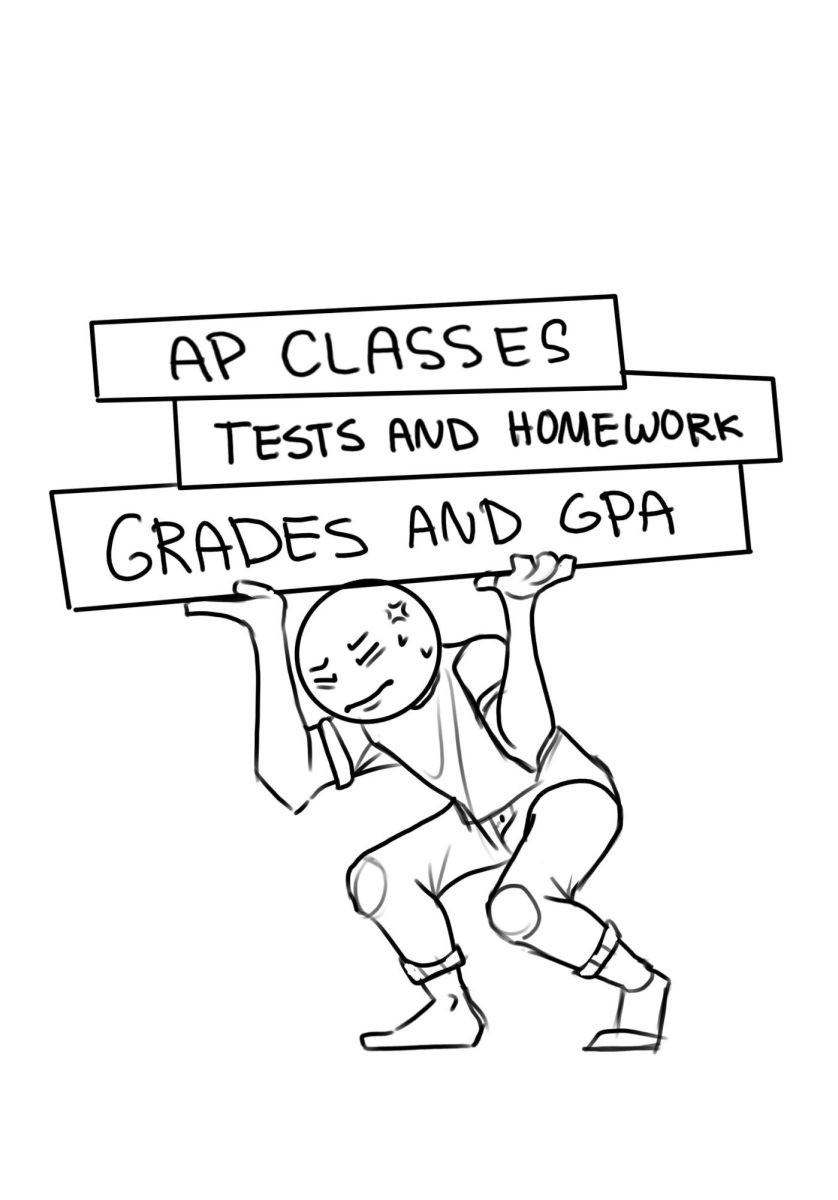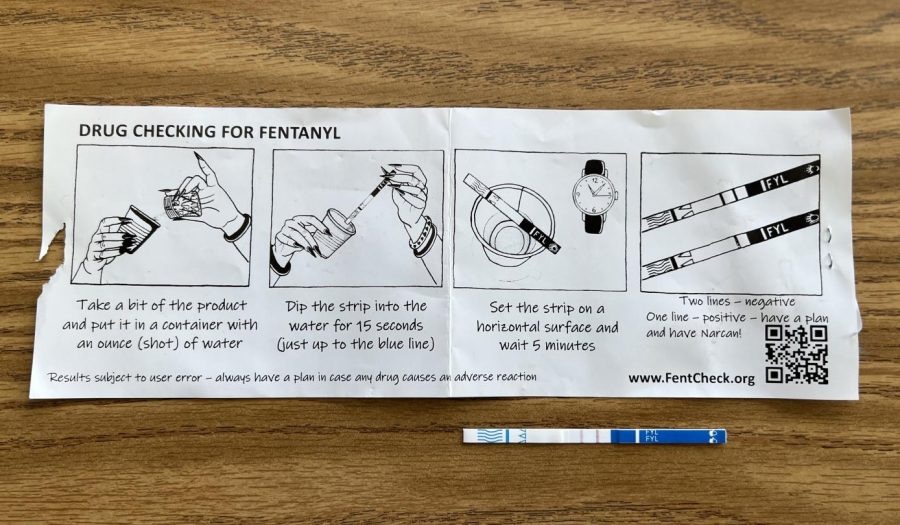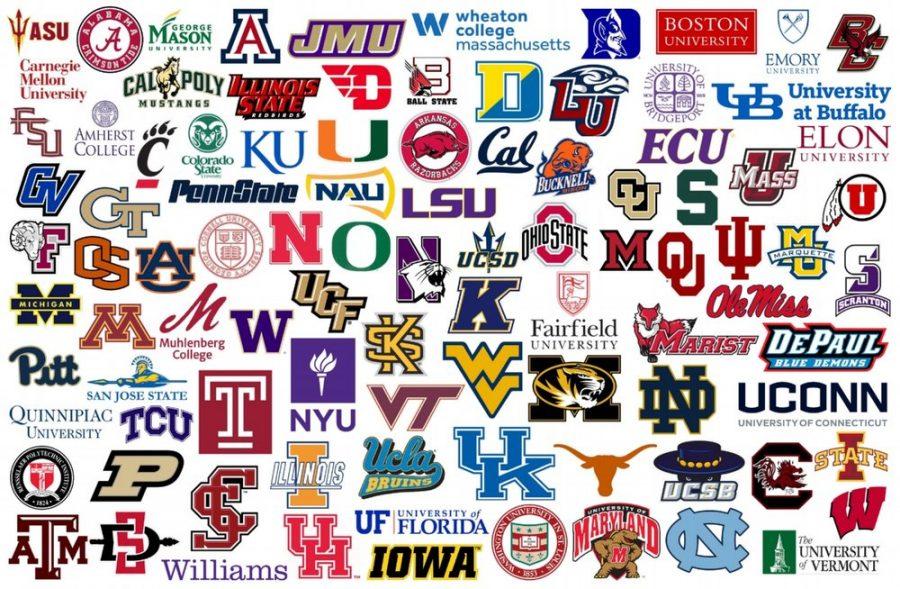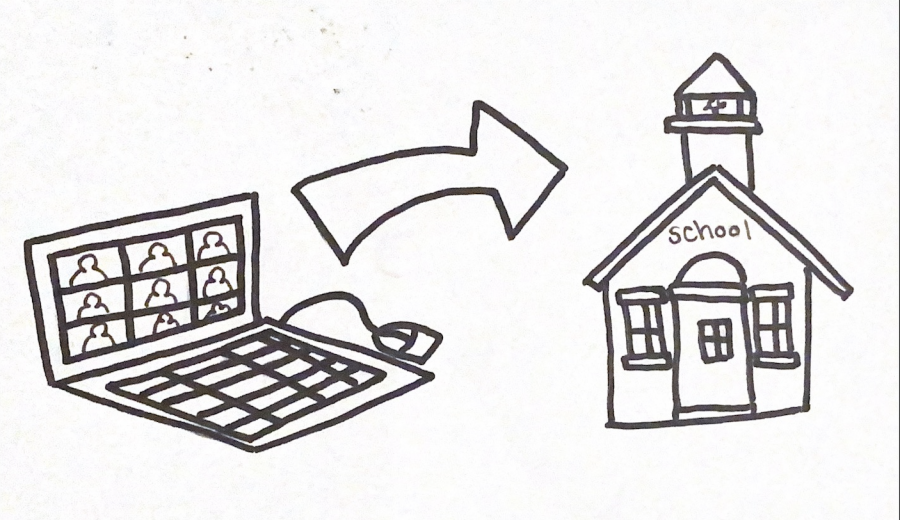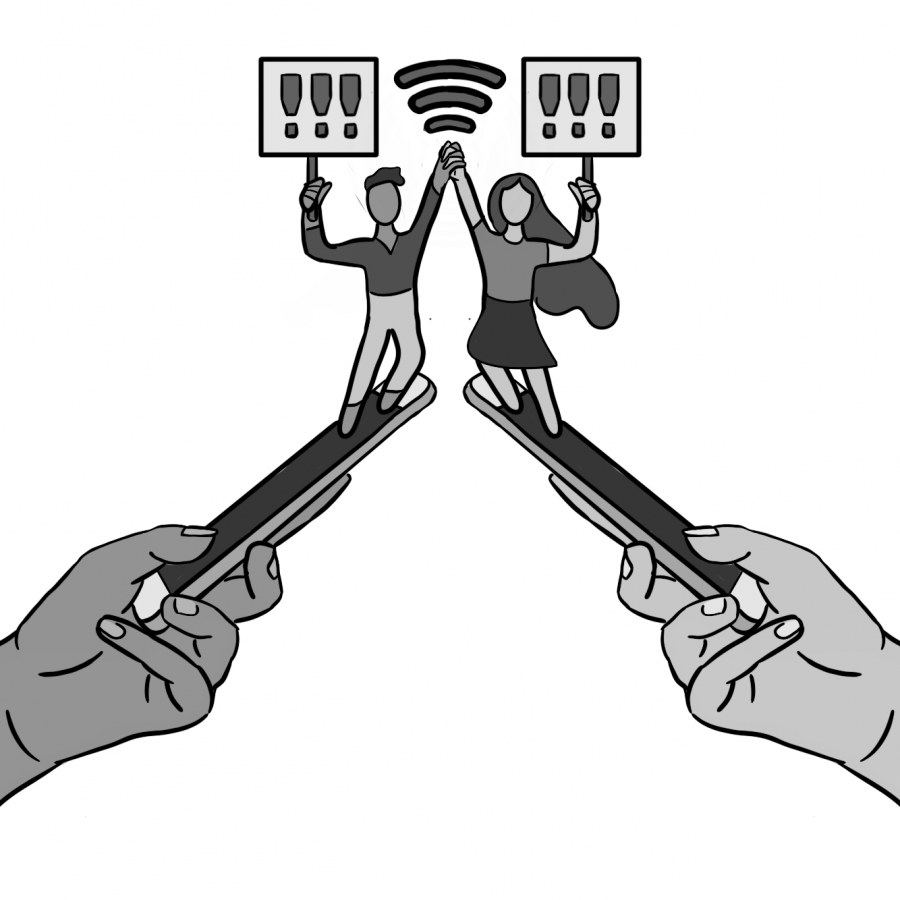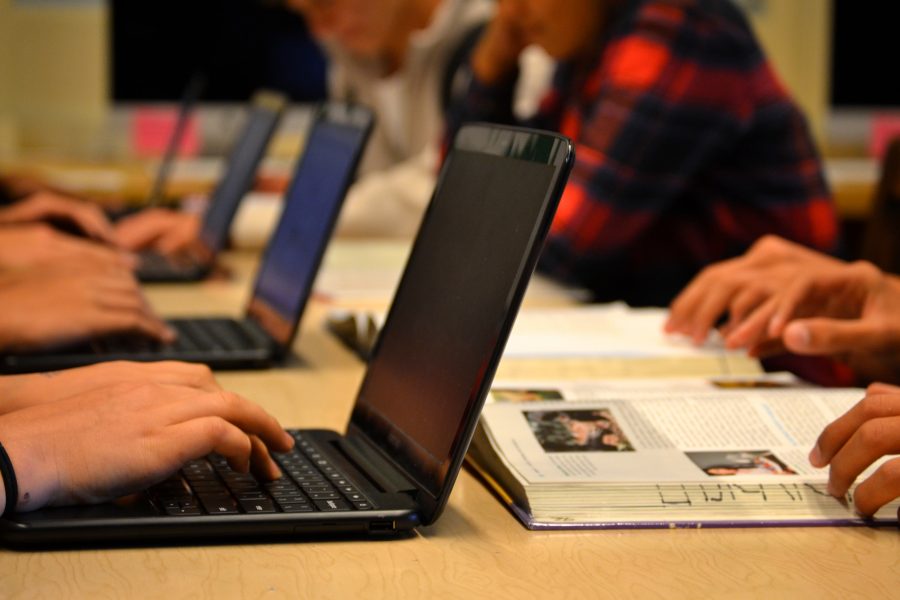Any day now, sixth graders, freshmen, juniors, and all Millenium students will receive Chromebooks as part of the Connected Learning Initiative.
The district expected the Dell Chromebooks to arrive during the summer. However, Dell was overwhelmed by orders from other school districts and estimated that the Chromebooks would arrive sometime in mid-September, said Director of Instructional Technology Stephanie Griffin.
“We would have loved to have all of the Chromebooks in students’ hands by now, but they’re just coming in shipment-by-shipment,” said Assistant Superintendent of Educational Services Randall Booker.
Since the Connected Learning Initiative is a pilot program, only students in grades six, nine, and eleven will receive take-home Chromebooks. Fourth and fifth graders will use one-to-one devices at school, and second and third grade classes will use three-to-one devices. Millenium students of all grade levels have already received Chromebooks, Booker said.
The district implemented the Connected Learning Initiative to provide additional educational opportunities to students.
“We recognize that there are technology tools out there that ultimately support teaching and learning,” Booker said. “They support increased student engagement, increased collaboration, increased opportunities to write and publish, and increased opportunities to research.”
Additionally, the district chose to implement the initiative because of educational standards outlined in the National Technology Plan, the California Education Technology Blueprint, the Common Core State Standards, and the PUSD Technology Plan, Booker said.
“This is researched information in other larger educational institutions that one-to-one mobile learning will become and integral tool for 21st century education,” Booker said.
The Chromebooks will be a resource to enhance in-class learning, Booker said.
“We recognize that Chromebooks and the Internet are a tool, just as a pencil, a calculator, or a textbook is a tool,” Booker said. “I’m excited to watch over time how teachers begin to transform their instruction and delivery because of this tool.”
MHS science teacher and technology coordinator Sati Shah led a staff training that focused on the educational possibilities for using Chromebooks.
“We looked at how to structure projects and assignments so that they work best with a device,” Shah said. “We also looked at assessment.”
Because MHS students received their Chromebooks on the first day of school, Shah has already used the one-to-one devices in his classes.
“I use the Chromebooks everyday for an interactive warm-up exercise where I ask students a question,” Shah said. “Students submit answers and can view other students’ answers.”
English teacher Debbi Hill plans to use Chromebooks in her freshmen classes to teach vocabulary, by using a self-paced, differentiated program called Membean.
“It doesn’t mean that we’re going to do everything on Chromebooks,” Hill said. “We’re still going to discuss literature face-to-face in class. However, it allows us to experiment with the ability for students to collaborate on projects and use the great things that technology can do regularly.”
Freshman Casey Cama said that she is excited to receive her Chromebook because it will lighten the load in her backpack.
“It’s a good thing because we won’t have to carry our Spanish textbook around because we have online textbooks,” Cama said.
However, junior Gus Gilbert said that while he looks forward to receiving his Chromebook, he is unsure how it will improve learning.
“We didn’t ask to get Chromebooks,” Gilbert said. “It’s basically to look stuff up online. You can’t download any programs. It’s very limited.”
“Millenium High School was our rollout school,” Booker said. “In grades nine to twelve, all their students have a Chromebook. We needed to pilot what a rollout looks like.”
MHS students first met as a whole school then split into four groups to unlock their devices, set up printers, access the portal to class pages, and discuss the Connected Learning Handbook, Shah said.
“I think that something similar could work [at PHS],” Shah said. “There are other possibilities too. Doing things in a similar way to how PHS distributes library books is also an option.”
The Chromebooks may be distributed through English classes, Griffin said.
Shah said that his advice for PHS students is that the learning curve with using the Chromebooks can be overcome pretty quickly.
“The most important thing is to focus on learning and the work with the device will follow after that,” Shah said.
Throughout the district, teachers are looking forward to the pilot, Griffin said.
“The teachers are excited to try it,” Griffin said. “We’ve been talking about this for a long time and we’re actually finally doing it.”
Booker said that teachers’ creative ways of using technology have surprised him.
“I thought I knew the kinds of doors and opportunities that one-to-one mobile learning provides students,” Booker said. “In the trainings with teachers, they’ve come up with phenomenal ideas.”
In 2013 when the district decided to pilot the Connected Learning Initiative, they realized that the school needed infrastructure before devices could be useful, Booker said.
“Without investing in the wireless system, we wouldn’t have a Connected Learning Initiative,” Booker said. “We needed a system that could support hundreds and hundreds of students at a time.”
When students use the school’s wireless network, websites such as Facebook will be blocked. However, on other wireless networks, the Chromebooks will have looser filters built into the devices, so that students will be able to use Facebook, Griffin said.
“By law, we’re supposed to do our best to prevent students from seeing pornographic images,” Griffin said.
When on the school’s network, teachers will be able to see what is on students’ screens. Additionally, administrators will have access to the internet history on each of the devices.
Assistant Principal for Student Services Eric Mapes said that he included the Responsible Use Policy for Technology Resources in the student planner because he knew that freshmen and juniors would receive Chromebooks.
“It’s important that kids understand the policy,” Mapes said.
Mapes said that even at home, the Chromebooks are considered school technology and the rules regarding behavior apply.
“If you’re going to search the Internet and it’s not for school business, it’s probably not a good idea to use your Chromebook,” Mapes said.
The pilot will allow the district to develop methods and policies based on the experiences of the selected grade levels, Griffin said.
“We expect failures and that’s part of the learning process,” Griffin said.




